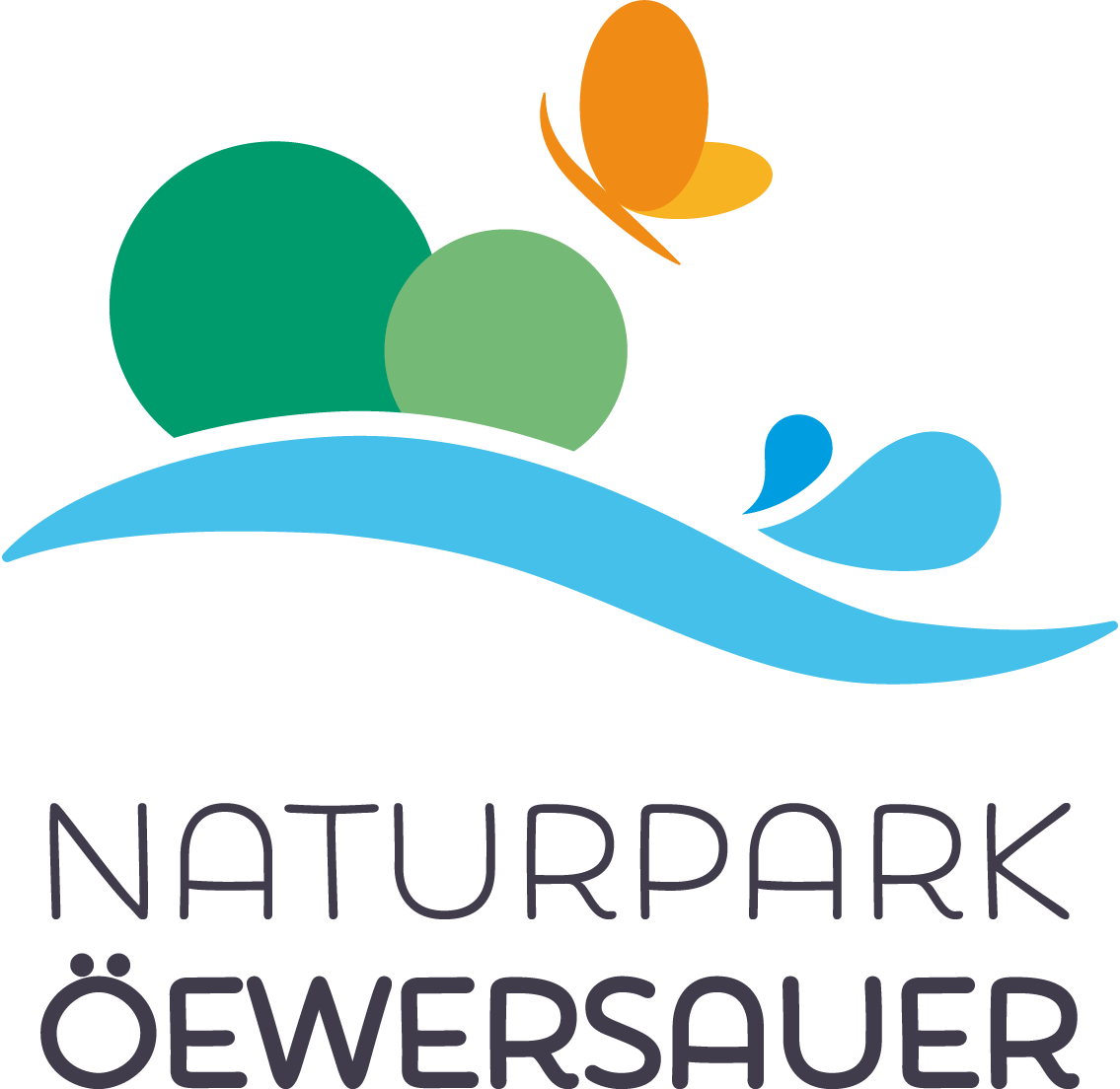Aims of a Nature Park
It’s an ongoing challenge to ensure that a rural region develops, while at the same time taking into account and tapping its natural and cultural potential. This is precisely the challenge that a nature park takes up. The framework law of 10 August 1993 created the possibility of establishing nature parks in Luxembourg and using them as an instrument for the development of rural areas. This law laid down some fundamental aims which a nature park has to achieve:
- preserving/restoring the character and diversity of the natural spaces, fauna and flora;
- ensuring the quality of air, water and soil;
- preserving and enhancing the value of the cultural heritage;
- promoting sustainable development;
- promoting tourism and leisure activities.
The Upper Sûre Nature Park
The Upper Sûre reservoir lake – the heart of the region – provides the drinking water supply for about 80% of Luxembourg’s total population and is also a magnet that attracts many visitors. The Nature Park acts in line with its guiding principle: promoting sustainable regional development in harmony with water conservation!
The Nature Park focuses on the following 7 areas of action: coordination and networking, nature and landscape conservation, environmental education, regional marketing, tourism, culture and agriculture.

Great importance is attached here to cooperation with the various national, regional and local actors (e.g. ministries, municipalities, nature park inhabitants, etc.).
In practice, this means that the Nature Park takes on very different tasks or employs different working methods, depending on the project. For example, there are some projects for which only the nature park is competent (development, financing, implementation, administration). For other projects, it has an advisory function, while another body/association is responsible for implementation. In yet other activities, the Nature Park tries to coordinate ideas and actors in order to enable efficient implementation and a consistent presentation of the region to the public. The Nature Park can also act as a moderator, mouthpiece, project developer, contact point, etc.

